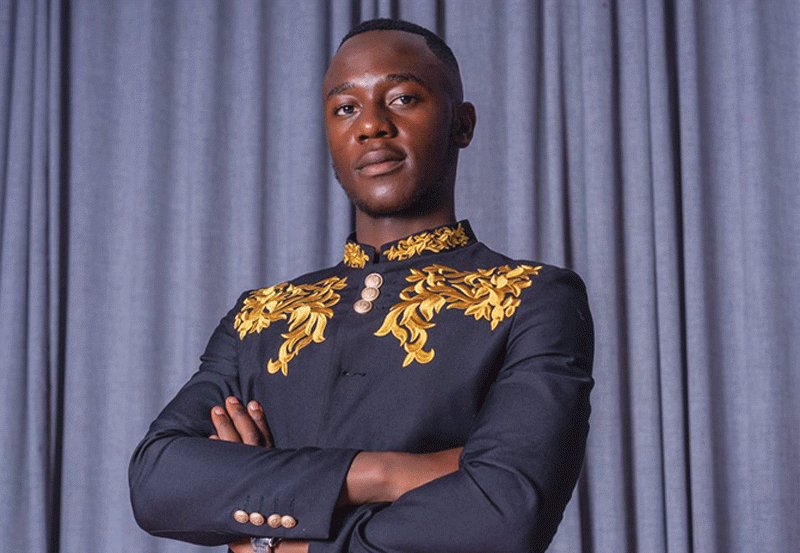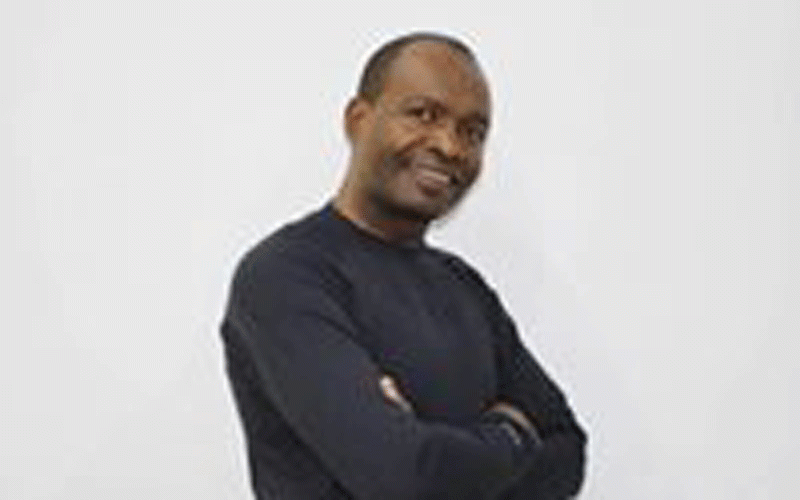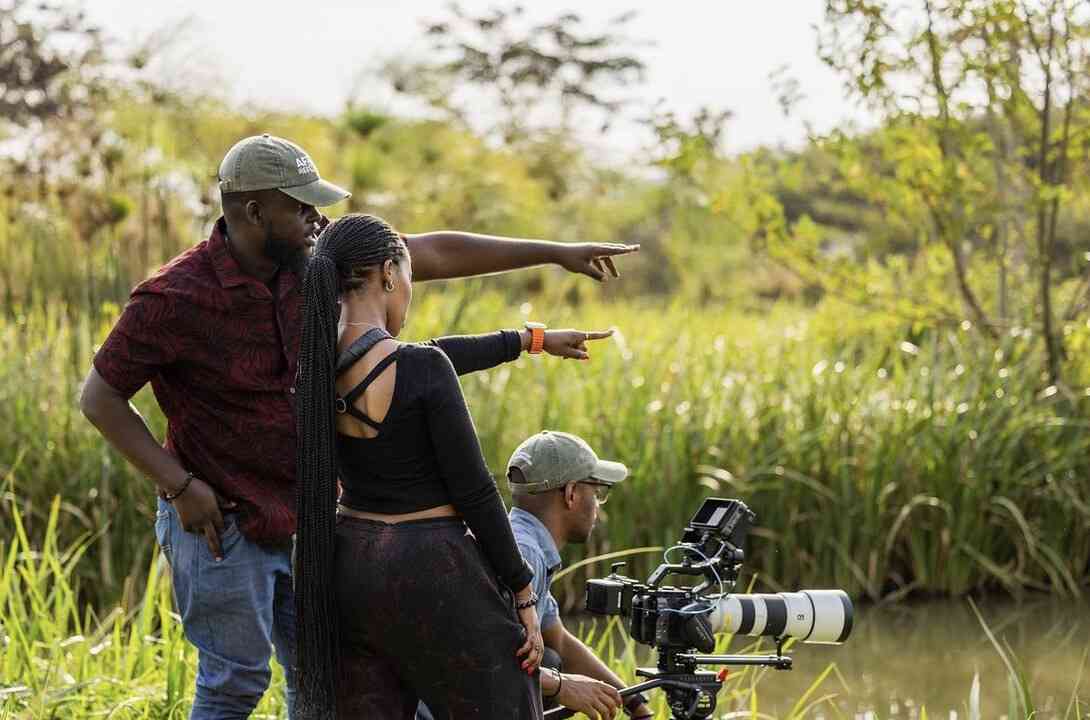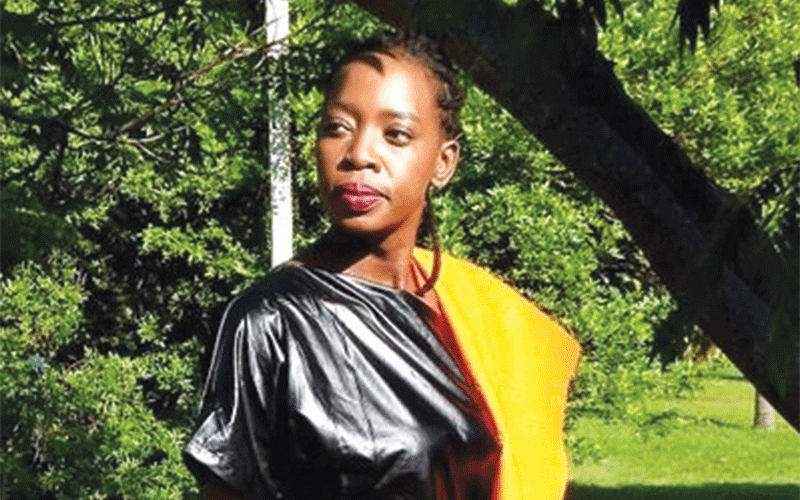
SNEAK PEEK :Precious Chida
Applied arts practitioner Courage Zvikomborero Chinowetu (pictured) believes drama can be effectively used in development of communities, youth and promotion of women’s rights. Chinowetu was an applied arts international trainer for Playback Nigeria in Borno State, working with internally-displaced and vulnerable children following the Boko Haram insurgency.
She decided to launch a youth trust called Afri-Remedy aimed at developing young people. The trust has since hosted music festivals, exhibitions and film projects addressing human rights. NewsDay (ND) Life & Style reporter Precious Chida caught up with Chinowetu (CC), who opened up about the foundation’s work. Below are excerpts from the interview.
ND: Tell us about your organisation.
CC: Afri-Remedy Arts for Development is a registered trust formed in November 2009. It was developed as a response to a research conducted by the founders, which reflected the marginalisation of youths in various socio-economic and political spheres. This included exclusion from the planning or implementation of programmes pertaining to their well-being or consultation on decisions affecting their lives at community and national levels.
Such circumstances potentially undermined their dignity and worth. As such, they lose the drive to freely express their concerns, participate and organise themselves in developmental processes.
Afri-Remedy, therefore, explores the challenge of discrimination of young people and analyses how it can affect their lives and the nation. The trust employs an applied and performance arts approach as a tool to address these challenges that continue to pose a serious threat to the development of young people.
ND: What is your target group?
- Chamisa under fire over US$120K donation
- Mavhunga puts DeMbare into Chibuku quarterfinals
- Pension funds bet on Cabora Bassa oilfields
- Councils defy govt fire tender directive
Keep Reading
CC: Young women and men (in and out of school aged between eight and 35 from urban, peri-urban and rural communities in Zimbabwe.
These processes will also involve various community elders and authorities, a range of stakeholders and policymakers in the youth and arts sectors.
Young people receive capacity-building trainings in different areas such as project management, arts administration, videography and graphic design.
They can be part of exchange visits we have with our regional partners, where they can also learn, share and exchange skills.
ND: Can you tell us about your Zambia project, Afro-Native?
CC: The Afro-Native project is a partnership with Umotto Cultural Centre in Zambia, which is supported by Hivos. It is an exhibition which is held in Harare, Zimbabwe, as well as in Lusaka, Zambia.
Artists from various fields look into their (national) identities, reflecting on current trends in their countries. Aspects like modernity, futurism and globalisation in the context of their homes and themselves personally are reflected on.
The exhibition takes place annually; two weeks in Lusaka and then two weeks in Harare. Apart from visual art, live performances such as dance, music and poetry are part of the project.
We hope to push forward the future of art and communication and exchange between artists from Zambia and Harare and the local population.
ND: What have you done so far to push for young women’s rights?
CC: I have worked with various human and women’s rights bodies, psychologists, social workers, and counsellors in Zimbabwe and beyond.
We have also been doing projects that have adopted an applied drama and theatre/media approach to create dialogue and provide necessary psycho-social support for women who have experienced or have been exposed to gender-based violence, sexual exploitation, sexism, rape and/or harassment, among other forms of human rights abuse.
ND: What are the advantages of using art in advocating for women’s rights?
CC: The use of arts allows women to deal with their past and present realities and experiences of abuse by allowing them to distance themselves from the situation, using the “dramatic elsewhere”.
Through activities such as role-playing, storytelling, poetry, drawing, or acting, they can express their emotions and feelings which would otherwise be internalised in their everyday realities.
On another footing, we also hope to engage men from the different communities in dialogue around gender-based violence using theatre and applied media.
ND: You also have a documentary film titled The Drama Queen?
CC: Yes, it tries to explore stories of women in the arts industry, particularly theatre. We explore what theatre is and its role in society in order to highlight the importance of these women.
We also have a programme called She Speaks, a collection of short-themed poetry skits for social media by female poets. There is also X-press, a programme that offers music, dance, theatre, drama and spoken word classes. The classes will culminate in performances which will be showcased in various locations around the country.
Classes will include arts presentations from seasoned artists on the benefits of a career in the arts and their various experiences as arts practitioners.











